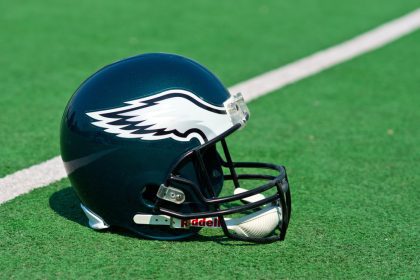 Festus Claudius “Claude” McKay was a pioneering writer and poet during the Harlem Renaissance. A Jamaican-American, his book of poems, Songs of Jamaica, were the first poems published in Jamaican patois, a dialect of mainly English words and African structure, and a celebratory portrait of Jamaican peasant life. McKay’s most recognized title is his first novel, Home to Harlem. He also published works under the pseudonym Eli Edwards. He worked as a Pullman Porter between 1910 and 1914.
Festus Claudius “Claude” McKay was a pioneering writer and poet during the Harlem Renaissance. A Jamaican-American, his book of poems, Songs of Jamaica, were the first poems published in Jamaican patois, a dialect of mainly English words and African structure, and a celebratory portrait of Jamaican peasant life. McKay’s most recognized title is his first novel, Home to Harlem. He also published works under the pseudonym Eli Edwards. He worked as a Pullman Porter between 1910 and 1914.
 Dr. Benjamin Elijah Mays was a minister, educator, scholar, social activist, and the president of Atlanta’s Morehouse College from 1940 to 1967. He worked as a Pullman Porter while in graduate school at the University of Chicago in the mid-1920s. A mentor to renowned civil rights leader Dr. Martin Luther King Jr., Mays delivered his eulogy in 1968. A recipient of the NAACP Springarn Medal, Mays published two autobiographies within a decade of one another: Born to Rebel (1971), and Lord, the People Have Driven Me On (1981), in which he conveyed his desire for dignity for all human beings and to close the gap between democratic ideals and social practices.
Dr. Benjamin Elijah Mays was a minister, educator, scholar, social activist, and the president of Atlanta’s Morehouse College from 1940 to 1967. He worked as a Pullman Porter while in graduate school at the University of Chicago in the mid-1920s. A mentor to renowned civil rights leader Dr. Martin Luther King Jr., Mays delivered his eulogy in 1968. A recipient of the NAACP Springarn Medal, Mays published two autobiographies within a decade of one another: Born to Rebel (1971), and Lord, the People Have Driven Me On (1981), in which he conveyed his desire for dignity for all human beings and to close the gap between democratic ideals and social practices.
 Oscar Devereaux Micheaux is the first African American filmmaker to produce a feature-length film (Within Our Gates) in 1919, which was shown in “white” movie theaters. Having formed his own movie production company, he’s one of the most famous producers of race films — cinema produced for a black audience with black casts. During the span of his career, he wrote, produced and directed 44 feature-length films and wrote seven novels. The Producers Guild of America called him “The most prolific black — if not most prolific independent — filmmaker in American cinema.” He worked as a Pullman Porter and roamed America prior to becoming a maverick filmmaker.
Oscar Devereaux Micheaux is the first African American filmmaker to produce a feature-length film (Within Our Gates) in 1919, which was shown in “white” movie theaters. Having formed his own movie production company, he’s one of the most famous producers of race films — cinema produced for a black audience with black casts. During the span of his career, he wrote, produced and directed 44 feature-length films and wrote seven novels. The Producers Guild of America called him “The most prolific black — if not most prolific independent — filmmaker in American cinema.” He worked as a Pullman Porter and roamed America prior to becoming a maverick filmmaker.











